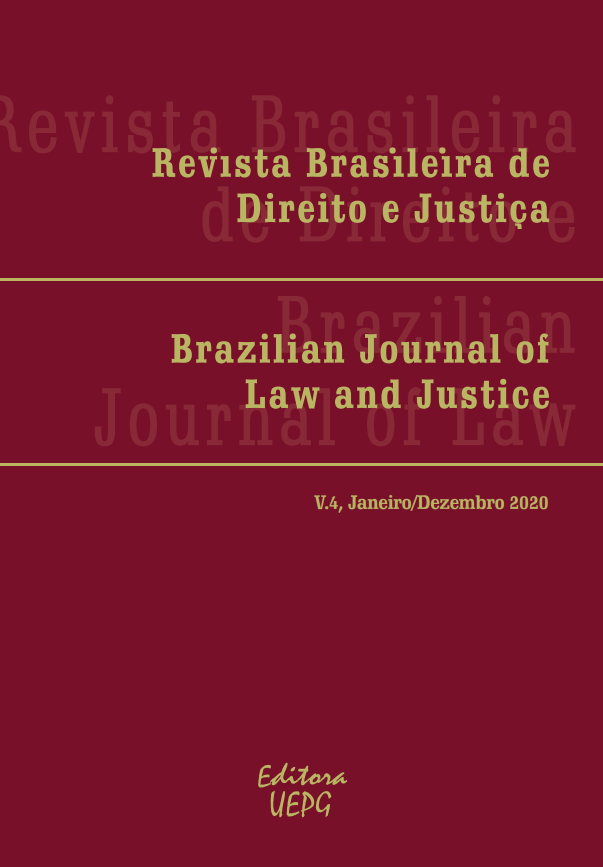Animal Law and Constitution
Abstract
Brazilian Animal Law, as a new legal branch, was born with the 1988’s Constitution. It is in it that, for the first time, the rule prohibiting cruelty to animals appears. This essay analyzes the constitutional aspects of Animal Law, starting from art. 225 of the Constitution, in particular item VII of its first paragraph. It demonstrates, with support in precedent from the brazilian Supreme Court, that it is from this item that the fundamentals of Animal Law are extracted, which separate it from Environmental Law. It points out that animals are subject to fundamental rights because the Constitution recognizes their intrinsic value and their own dignity and that the cataloging of these rights is already being done, mostly by the state legislation. It indicates that the Paraíba Law and Animal Welfare Code is the first law to list fundamental animal rights. In addition, it indicates, under elaboration based on Marcelo Neves' transconstitutionalist theory, that the application of this Code is transfederative, that is, it can be evoked before other States, or even before the Union, as long as these entities do not legislate on fundamental animal rights. It views animal rights as a fourth dimension of fundamental rights. It also points, with support in the theory of Humberto Ávila, that from the same constitutional device from which the rule of prohibition of cruelty is extracted, one can deduce the exclusive legal principles of Animal Law: animal dignity, universality, primacy of natural freedom and animalistic education. It ends by analyzing Constitutional Amendment 96/2017, which introduced the seventh paragraph of art. 225 of the Constitution.
Downloads
Downloads
Published
Issue
Section
License
Authors who publish in this journal agree to the following terms:
1. Authors maintain copyright and grant the journal the right of first publication, with the work simultaneously licensed under the Creative Commons Attribution License that allows for the sharing of work with recognition of its authorship and initial publication in this journal.
2. This journal offers open access to its content to promote the visibility of articles and reviews published. For more information on this approach, visit the Public Knowledge Project, a project that improves the academic and public quality of research studies. This project supports the OJS and other open access publishing software for academic sources. Names and email addresses included on this site will be used exclusively for the journal's purposes and are not available for other purposes.


